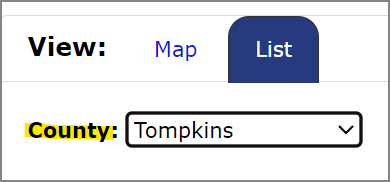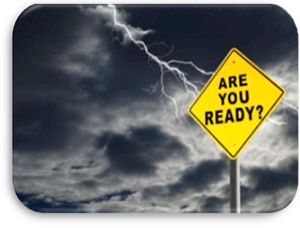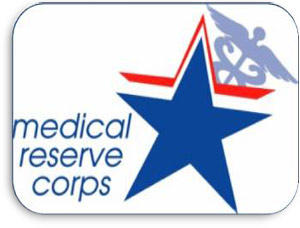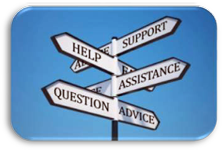Stay safe during hot weather.
Summertime heat can be dangerous for anyone. Some people are at risk of serious health effects – even death – from getting overheated. Health risks include dehydration, heat cramps, heat exhaustion, heat stroke, and worsening of health conditions.
NWS HeatRisk national map. Go there for a 7-day forecast map and description of Risk of Heat-Related Impacts by category.
Prepare for a heat wave:
- Know the symptoms of heat-related illnesses.
- Make sure that you can open your windows and/or that your air conditioner is working properly.
- Find out where cooling centers are near you, and when they are open.
- Choose someone that you can call for help or who can check on you.
- Talk to your doctor or pharmacist to learn more about medications that might make you sensitive to the sun or heat.
Overheated?
Heat-related illnesses occur when the body is unable to cool itself. The most common heat-related illnesses are heat stroke (sun stroke), heat exhaustion, heat cramps and heat rash. Here are the symptoms and first-aid responses. Click here for a NYSDOH web page of symptoms and first-aid responses.
Cooling Centers:
Cooling centers are facilities where you can go to cool off during extreme heat. If a cooling center is not available, libraries, supermarkets, malls, and community swimming pools are great places to stay cool.

Click here for a list of cooling centers by county. (In "List" view, scroll county dropdown menu to Tompkins.)
Remember, call before you go! Cooling centers may be closed at certain times or only available during extreme heat events. The phone number and address of each cooling center is provided in the listing. (Compiled by the NYS Department of Health and represents the most up to date information provided by local agencies.)
More information:
- Tompkins Ready.
- NYSDOH Keep Your Cool During Summer Heat.
- Also available in a PDF.
- NYSDOH Extreme Heat Advice.
- NYSDOH Keep Kids Out of Hot Cars.
- NOAA National Weather Service HeatRisk Map.
Notre vision de la préparation à la santé publique :
Une communauté résiliente face aux effets des urgences et des catastrophes sur la santé.
 |
Apprenez ce qu'il faut faireApprenez ce qu'il faut faire en cas de catastrophes naturelles causées par de violentes tempêtes, des pannes d'électricité, etc. |
 |
Alertes et avertissements aux voyageursInformez-vous sur les questions de santé liées à des destinations spécifiques avant de partir en voyage. |
 |
Passez à l'actionFaites du bénévolat auprès du Medical Reserve Corps. Nous sommes toujours à la recherche de volontaires médicaux et non médicaux pour soutenir les interventions en cas de catastrophe. |
 |
|

